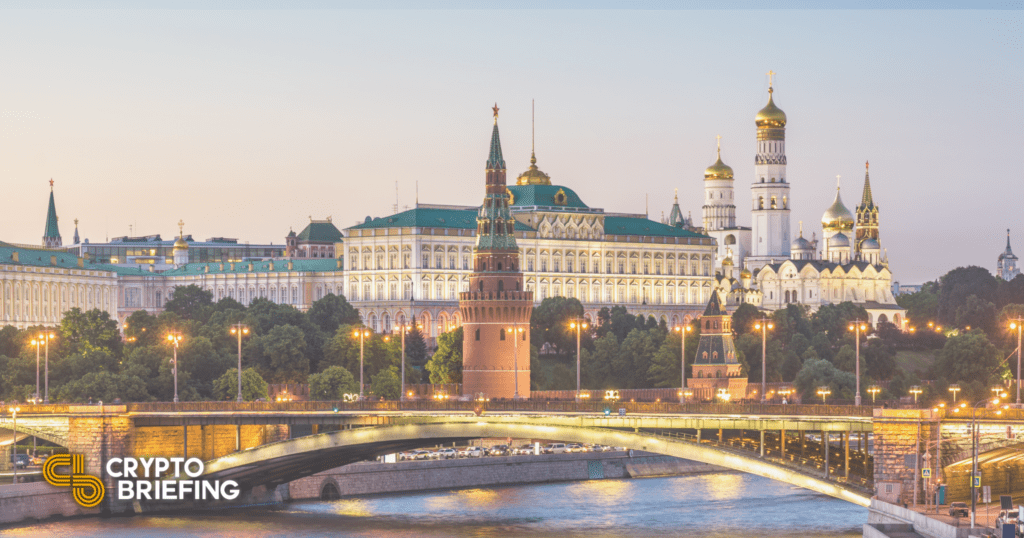
Shutterstock cover by Viacheslav Lopatin
Binance Turned Over User Data to Russian Authorities: Report
Binance allegedly complied with an FSB-linked financial authority's request for user data linked to opposition figure Alexei Navalny last year.
Last year, Binance reportedly turned over names and addresses to Russian financial authorities as they were hunting for transactions linked to Alexei Navalny, according to a Reuters investigation.
Binance Implicated in Data Handover
Evidence has been found that implicates the world’s largest cryptocurrency exchange in providing user data to the Russian government.
Reuters has uncovered evidence that suggests Binance turned over client data to the Russian government so that it could track Bitcoin linked to Alexei Navalny, who has been jailed for leading an opposition against Vladimir Putin. In Moscow in April 2021, interactions allegedly took place behind closed doors between Russia’s financial intelligence unit and Binance’s regional head.
According to the report, Russia’s financial intelligence unit, then called Rosfinmonitorign (Rosfin), asked Binance’s head of Eastern Europe and Russia, Gleb Kostarev, to provide them with client data—such as names and addresses—that it would use to track millions of dollars worth of Bitcoin that the imprisoned Navalny had raised. Binance’s Kostarev is reported to have complied.
Rosfinmonitoring is nominally independent, but it functions as an arm of the Federal Security Service (FSB), the successor agency to the KGB, where Vladimir Putin himself began his career.
Navalny has said the money was raised to help his group expose the corruption of President Putin and his government, and cryptocurrency donations via Binance have often been encouraged by the opposition so that its sympathizers’ identities would not necessarily be known to Russian authorities. Rosfin has deemed Navalny’s network a terrorist organization.
In text messages with a business associate, Kostarev claimed at the time that he did not have “much of a choice” except to consent to the Russian government’s request. Binance purported that Russian authorities had not contacted it about Navalny, though it admitted to “actively seeking compliance in Russia” before the nation’s military invaded Ukraine. Binance said that compliance would include consenting to “appropriate requests from regulators and law enforcement agencies.”
Binance says that it has halted its active relationship building with the Russian government after its invasion of Ukraine. While Binance’s chief executive officer Changpeng Zhao refused to bar ordinary Russian citizens from using its platform, as did many other major crypto exchanges, the exchange announced yesterday that, due to European Union sanctions, it would limit its services to certain Russian clients.
Update: Binance has since published a blog post refuting the Reuters investigation’s findings. It claimed in the piece that any allegations that it provided user data to FSB-linked authorities are “categorically false,” while going on to note:
“Any government or law enforcement agency in the world can request user data from Binance as long as it is accompanied by the proper legal authority. Russia is no different. Fulfilling disclosure obligations to the authorities in each jurisdiction is a large part of becoming a regulated business and Binance fulfills its legal obligations.”
Nevertheless, the post also stated: “Binance reserves the right to reject law enforcement requests should they not stand up to scrutiny; this applies to all jurisdictions including Russia.”
Disclosure: At the time of writing, the author of this piece owned BTC, ETH, and several other cryptocurrencies.
